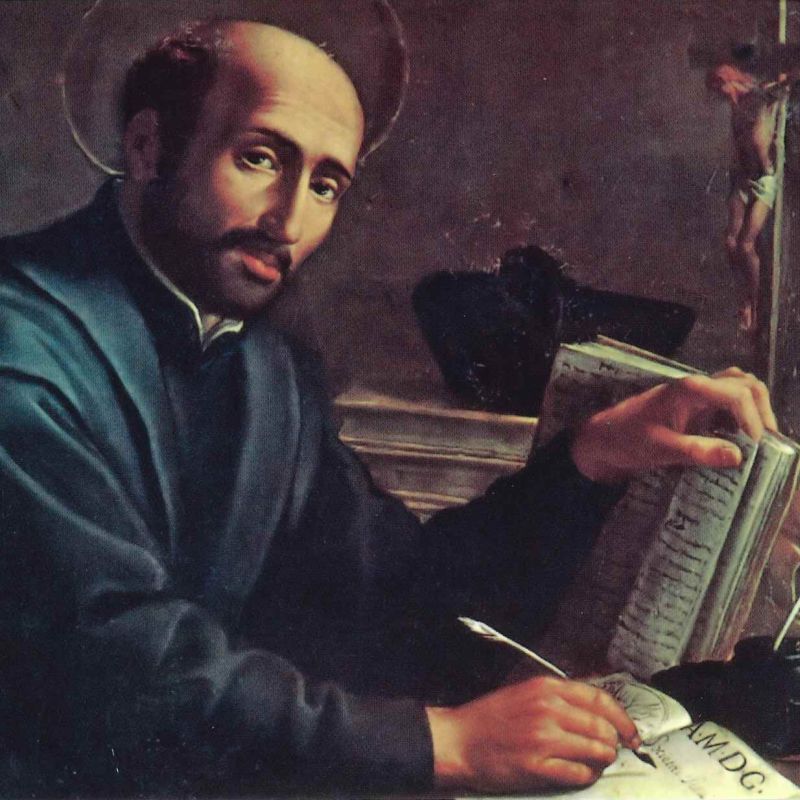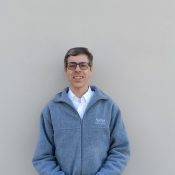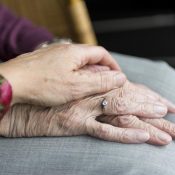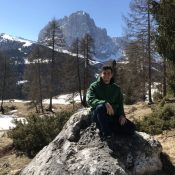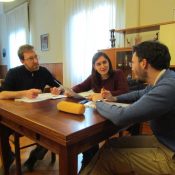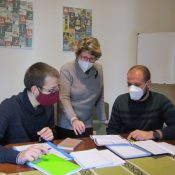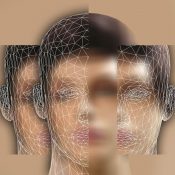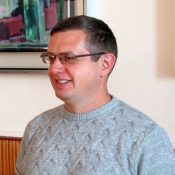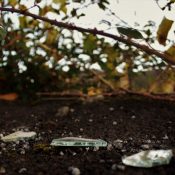Dear Novice and Companion
I am writing to you because in your second year of novitiate, during the period in which your companions of the first year will be experiencing the Spiritual Exercises, you will have your first encounter with Ignatian education and pedagogy. It will be a beautiful course of a few days with a dear friend and confrere of mine, fr. Stefano, who will introduce you to the purpose of education in the apostolate and what our pedagogical method and its history is.
You probably know me as a pilgrim, or as Father General. You are right, but I am also something else: a student. I think this is important, to remain in the attitude of research, of learning. The experience of the Spiritual Exercises came about through this attitude through which the Lord revealed himself in my life as the best teacher I could wish for. The Spiritual Exercises you have just completed are in themselves also a school of prayer. It can be said that our spirituality is already from this point a form of education.
If we look at the figure of Jesus, we also see him as the one who came to teach. But how did he teach and what? He taught love, by loving people. Called the great Master, he brings us teachings from the Father. We can find in multiple places in the Bible Jesus walking around to teach and bring the good news. So we understand better that education is also part of his way of evangelizing. To participate in Ignatian education means to take part in a prophetic vision of the world, as one is trained in the teaching of Christ.
The goal of education is to bring comprehension, in the etymological sense of the term: to bring out. To some extent, Ignatian education does just that: it proposes paths that bring forth creativity; a creativity that emerges from tradition.
You have probably already heard that a big part of our apostolate is education. Even in my day, teaching represented an important apostolate for the Society of Jesus. Over the centuries, up to the present day, we have accumulated a great deal of experience in pedagogy, a tradition in the education of young people, a worldwide network of schools and educational institutions in which various personalities of history have been trained, such as Athanasius Kircher, philosopher and historian; Molière, the father of modern French literature; or Georges Lemaître, the father of the Big Bang theory.
It is normal to still have doubts or questions about how to interweave our spirituality and education: how to combine our charism with some of our apostolic objectives, such as “to walk with the poor, the outcasts of the world”? How to safeguard our pedagogical spirit in today’s context? How to transmit the feeling of being part of the Church and the universal community to the students in our schools?
These are all questions of concern and challenges to be faced. But don’t worry, remain vigilant, there is a right time for everything. The Good Lord is the best teacher there can be!
Fr. Ignatius of Loyola and the companions of the novitiate
2021-02-24 Raul Ciocani
